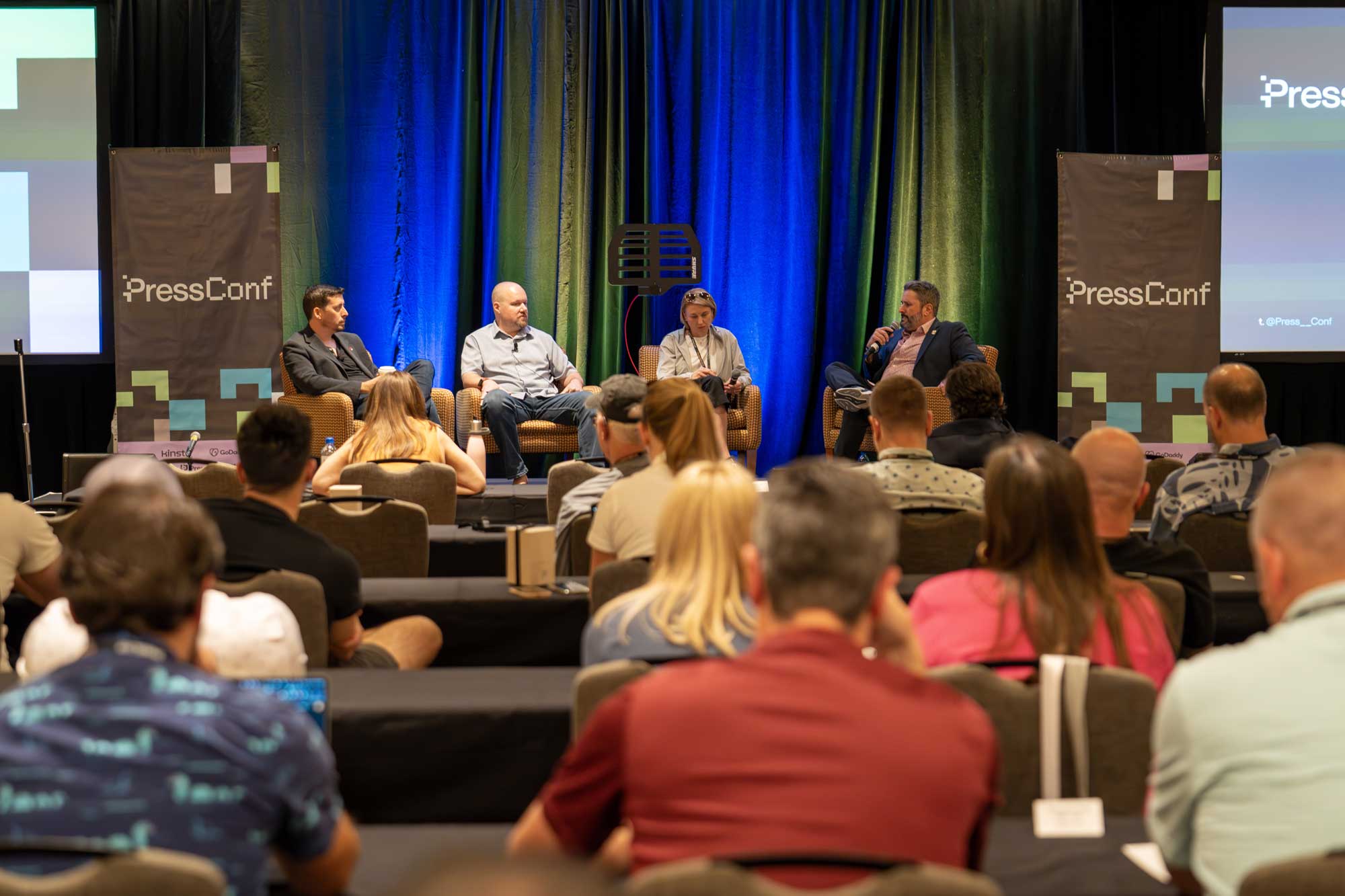WP Engine has expanded its lawsuit against Automattic and Matt Mullenweg to include antitrust allegations, accusing the rival hosting company and its CEO of holding “monopoly power” in the WordPress ecosystem.
The amended complaint, which now spans 144 pages—up from its original 62—alleges that Automattic and Mullenweg are using the WordPress trademarks to block WP Engine from the WordPress community as a means to “extort monopolistic pricing,” violating United States antitrust laws.
“Defendants have made clear that if WPE would just pay the ‘licensing fee,’ ‘all this harm could end,’” the complaint reads, referring to Automattic’s demand in September that WP Engine pay 8% of its purported $400 million revenue — or $32 million — in exchange for use of the “WordPress” and “WooCommerce” trademarks.
“We have amended and expanded our initial complaint to include antitrust claims brought under laws designed to protect competition and consumers from the damage that an unchecked, dominant player can inflict, as well as other new claims arising from Mullenweg and Automattic’s continued pattern of misconduct,” a WP Engine spokesperson told The Repository.
“WP Engine is committed to supporting our customers, users and the WordPress community and looks forward to proving its case in court.”
The revised filing highlights four relevant markets that WP Engine argues have been impacted by Automattic and Mullenweg’s conduct: content management systems, WordPress hosting services, custom fields plugins, and WordPress plugin distribution. WP Engine claims that Automattic and Mullenweg have “willfully acquired and maintained” monopoly power in these markets, citing demands that WP Engine pay an “arbitrary” 8% royalty as evidence of anticompetitive behavior under the Sherman Act, United States legislation that prohibits monopolistic business practices.
The amended complaint further alleges that Automattic and Mullenweg’s actions are costing WP Engine and other competitors by raising their operational costs, limiting consumer choice, and restricting competition. It claims this “anticompetitive scheme” has affected “billions of dollars of commerce.”
“Defendants have inflicted antitrust injury by artificially excluding WPE, raising the costs of WPE and other competitors, increasing prices, reducing quality, stifling choice and competition, and causing other antitrust injuries described herein,” the filing reads.
WP Engine claims the WordPress community was misled into believing the WordPress software was “free” and “open” when, in reality, Mullenweg has the power to restrict access to WordPress.org, creating what WP Engine describes as a “chokepoint” in the ecosystem.
“Defendants indisputably knew that Mullenweg personally owned wordpress.org, and that Automattic had been given an exclusive license and that the transfer to the Foundation was illusory, and that the ownership of wordpress.org and the exclusive license created a conflict of interest,” the filing reads.
The WordPress Foundation owns the WordPress and WooCommerce trademarks, and Automattic retains exclusive commercial rights to use and sub-license them.
The amended complaint also alleges that, in addition to launching the WP Engine Tracker website and encouraging competing hosts to poach WP Engine’s customers, Automattic has contacted hundreds of WP Engine’s employees in an attempt to poach them, too.
Responding to the revised claims, an Automattic spokesperson told The Repository, “WP Engine is at it once again. They have filed yet another complaint to try to disparage Automattic and our CEO Matt Mullenweg. Automattic and Matt are confident in our legal position and will vigorously litigate against this baseless filing, as well as pursue all remedies against WP Engine and Silver Lake.
“WP Engine exploits the generosity of the WordPress community and infringes on the WordPress trademark. To be clear, WP Engine is not entitled, either legally or morally, to have unfettered access to WordPress.org — a website Matt Mullenweg built and maintains for the benefit of a robust community. WP Engine can and always has been able to access the WordPress software and plugins available on WordPress.org, as can anyone.
“WP Engine has put profits ahead of the WordPress community and has expected to continue benefiting, for free, from the tireless contributions of Matt, Automattic, and the WordPress community. WP Engine and Silver Lake should not expect to profit off the back of others without carrying some of the weight. That is all Matt is asking.”
WP Engine filed its original lawsuit on October 2, alleging trademark abuse, attempted extortion, and anti-competitive practices. The lawsuit followed Mullenweg’s keynote address at WordCamp US 2024, where he accused WP Engine of profiting off WordPress without contributing enough back, specifically calling out WP Engine’s main investor, Silver Lake, and its Managing Director, Lee Wittlinger.
In response, Mullenweg blocked WP Engine and its employees from WordPress.org on October 3, marking a public escalation in the feud. Since then, Mullenweg has continued making moves against WP Engine, including adding a checkbox to WordPress.org requiring users to confirm they are not affiliated with WP Engine, taking over Advanced Custom Fields in the WordPress.org plugin repository, and publishing a “Promotions and Coupons” page on WordPress.org that encourages WP Engine customers to switch hosts.
On October 18, WP Engine filed a preliminary injunction to halt Mullenweg’s public attacks and restore its access to WordPress.org. A hearing to decide the injunction is scheduled for November 26.
Automattic and Mullenweg have opposed the injunction and asked the court to dismiss nine of the eleven claims filed against them in WP Engine’s original lawsuit. They’ve also moved to strike parts of the complaint related to Mullenweg’s public statements under California’s anti-SLAPP statute, which aims to protect free speech.
In September, Mullenweg told The Repository the 8% licensing deal was “not on the table anymore” and he wanted more. He also suggested that escalating tensions between the companies could end with Automattic taking over WP Engine in a corporation acquisition.
Update, November 15: Added comment from Automattic.








